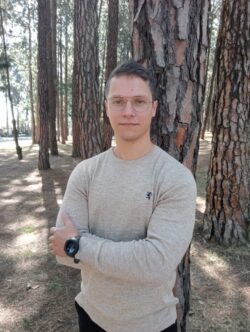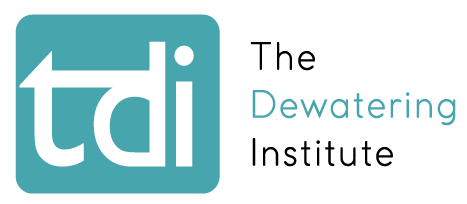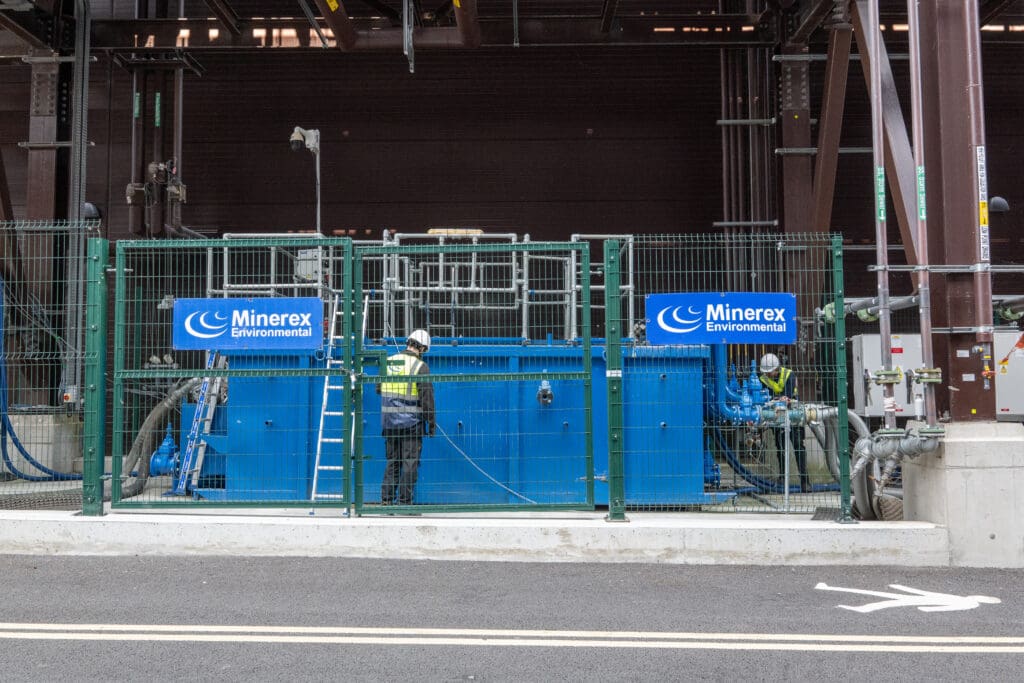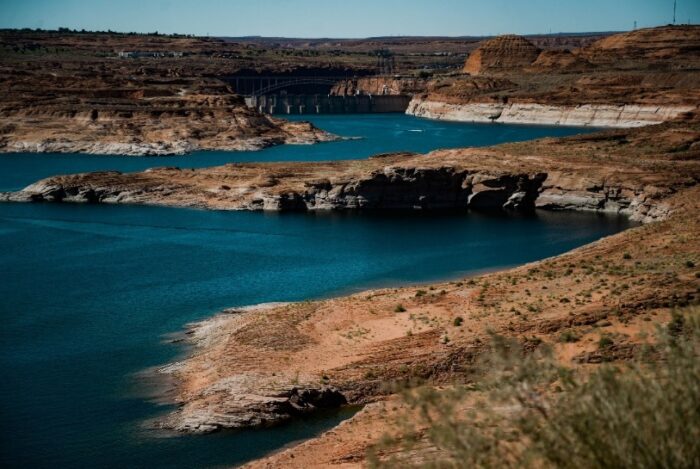As part of the The Dewatering Institute‘s commitment towards knowledge sharing, TDI is developing a series of monthly interviews of industry leaders and professionals from different parts of the world.
This month’s edition feature newly appointed TDI Graduate Advisory Council Member Francois Gous, Geohydrologist / Technical Engineer for Project Dewatering Limited and MSc. Hydrology and Geohydrology student at North-West University.
Francois role as Graduate Advisory Council Member would be to provide input from a recently graduated Geohydrologist point of view. He would also be linking TDI more closely with students and his other peers to ensure TDI servers the specialist of the future as well.

Where do you find yourself currently in your career?
I am a Technical Engineer for Project Dewatering Limited (PDL). PDL is a specialised dewatering contractor basedin the UK and part of the Hoelscher International Group. I am also enrolled as a master’s student at NWU Potchefstroom in South Africa. My duty as a Technical Engineer involves all aspects related to dewatering, from documenting tenders and client communications to dewatering designs and quotation preparations.
How did you get into the dewatering industry and why?
I was introduced to dewatering by TDI Advisory Council Member Christoffel Botha. After discussion with Christoffel, I joined TDI as a Geohydrologist. Over a few months I got to learn more about dewatering and eventually was offered a position at Project Dewatering.
Why would you recommend to your generation a career in the dewatering industry?
The need for dewatering engineers and geohydrologists has never been higher, driven by new legislation put in place to protect our environment. Disregarding this is the fact that you will always encounter new projects and problems each week which require technical thinking and an understanding of subsurface mechanics. It’s a fast-learning environment that yields loads of experience in a short time.
What do you foresee the biggest challenges within the industry in the near future?
I can only talk about challenges facing the UK at the moment since that is where my work is based.
One challenge facing dewatering subcontractors and contractors as a whole is the permitting procedure to abstract and discharge water. Gone are the days of avoiding this time-consuming process, therefor I believe more should be done to familiarise companies and clients on the subject.
I also think more graduates should be considering a career in dewatering as I know of very few young professionals in our field. With the industry growing as it is, more experienced specialists should take on the responsibility to train the younger generations.
How do you see technology playing part in the industry in the future?
It is certainly a factor one has to consider. Advances in technology are a given these days and one has to constantly keep up with them to avoid becoming outdated. I believe this is where TDI shines as it brings the dewatering world closer together and new technology can be shared with others.
What aspects of the industry do you think need improving?
This is difficult to answer as my experience is limited to the UK boundaries.
The image of our industry can be improved. I still think some contractors have a primitive view on dewatering and only realise the issue once their excavation is knee-deep in water. It is a crucial component of most construction operations in the UK which needs to be looked at in the initial stages of an operation to prevent delays and waiting for permits to be issued. I have seen first hand how TDI is significantly contributing to this.
Why do you think TDI is important for the industry and how it can help the industry develop?
By working for TDI,I saw what it can do for the industry. The free webinars are a great way of spreading new information and educating those that want to learn more. It brings the industry closer and anyone from companies to graduates can benefit from the amount of material and contacts TDI can provide. It’s a great initiative that should keep growing for decades to come.
What was the greatest encouragement someone gave you while studying?
Academically speaking, the greatest encouragement for me was to be as smart as the person teaching me. I had a few very intelligent professors during my years at Uni whom I still respect greatly.
What is your life motto?
I don’t necessarily live by any motto. One that I think stuck by me is the motto: if it doesn’t challenge you, it won’t change you.







